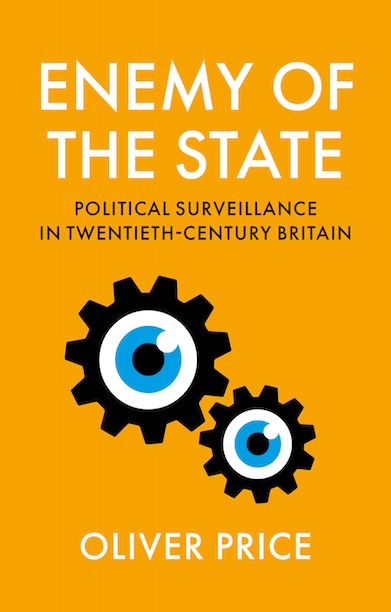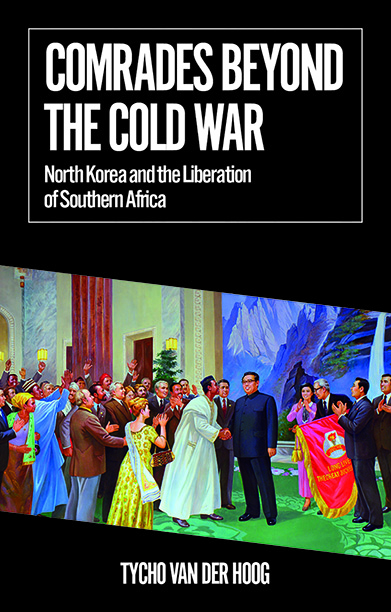Enemy of the State
Political Surveillance in Twentieth-Century Britain
Shows how state surveillance of left-wing individuals and groups was normalised in Cold War Britain, under the guise of upholding democracy.
Description
For much of the twentieth century, relations between Britain and the Soviet Union were defined by mutual hostility and distrust. From the Bolshevik Revolution until the end of the Cold War, the British establishment was deeply concerned about Soviet-inspired subversion, and secretly monitored thousands of its own citizens due to their real or perceived links to communism, the Soviet Union or both.
Enemy of the State reveals how Britain’s intelligence services carried out mass spying operations on the grounds of protecting democracy. Using phone taps, hidden microphones, mail interception and covert break-ins, they investigated trade unionists, scientists, politicians, actors, anti-nuclear and anti-apartheid protesters, and more. But the culture of secrecy permeating British institutions has meant that the extent of these activities is little known. Drawing on recently declassified files from the British government and MI5, Oliver Price argues that while communism gained little traction in domestic politics, fear of left-wing radicalism led to the widespread monitoring of individuals and political groups—many of whom posed no threat to the British state.
Britain was long considered a country in which ‘political policing’ was resisted. But Price shows how the tumultuous events of the last century reshaped official attitudes and normalised surveillance.
Reviews
‘A well-researched and well-written book looking at the response of the British state to political extremes throughout the twentieth century. Drawing on extensive archival research, this is an impressive piece of scholarship.’ — Daniel Lomas, Assistant Professor of International Relations, University of Nottingham, and author of MI6: A Concise History of the Secret Intelligence Service
‘Written in a lucid and lively style, Enemy of the State presents new historical research on an interesting and topical issue: state surveillance of political dissent and extremism. An excellent book that deserves to be widely read.’ — Andrew Defty, Associate Professor of Politics, University of Lincoln, and co-author of
Author(s)
Oliver Price is a historian of Modern Britain. He completed his PhD in 2024 and has had work featured in publications including Contemporary British History, Modern British History and History Today. This is his first book.






